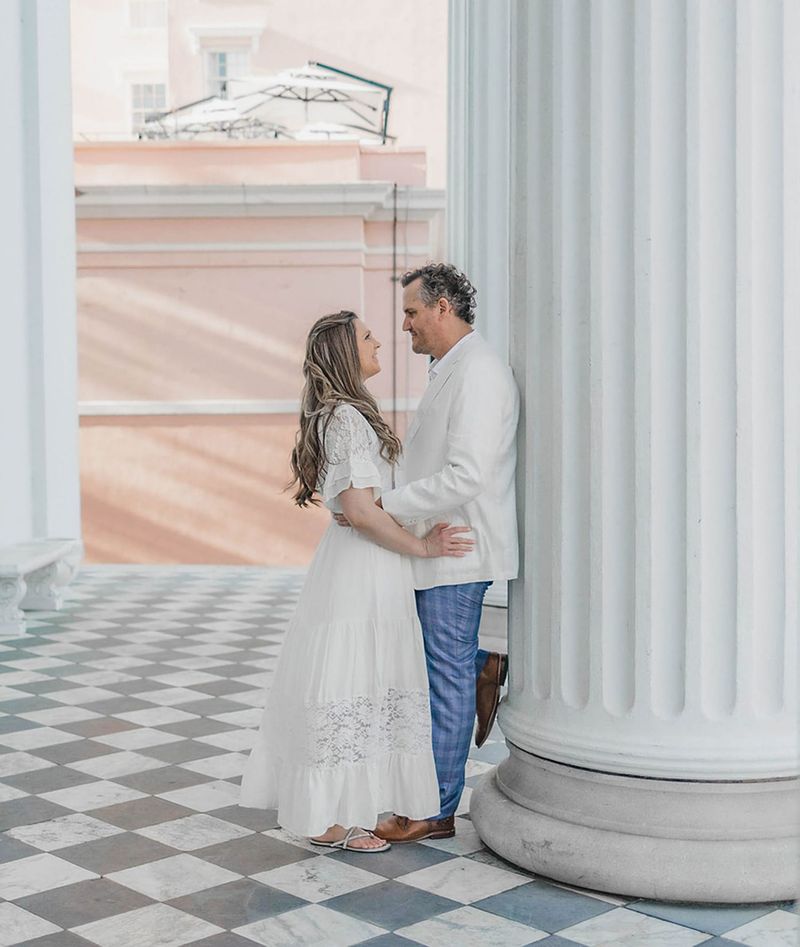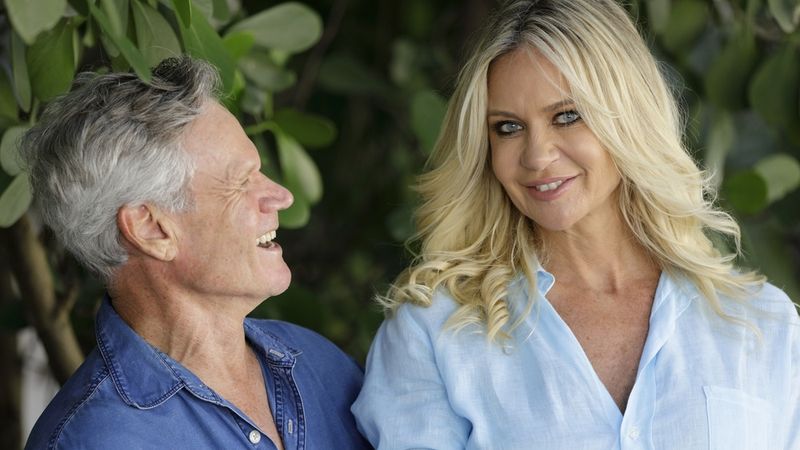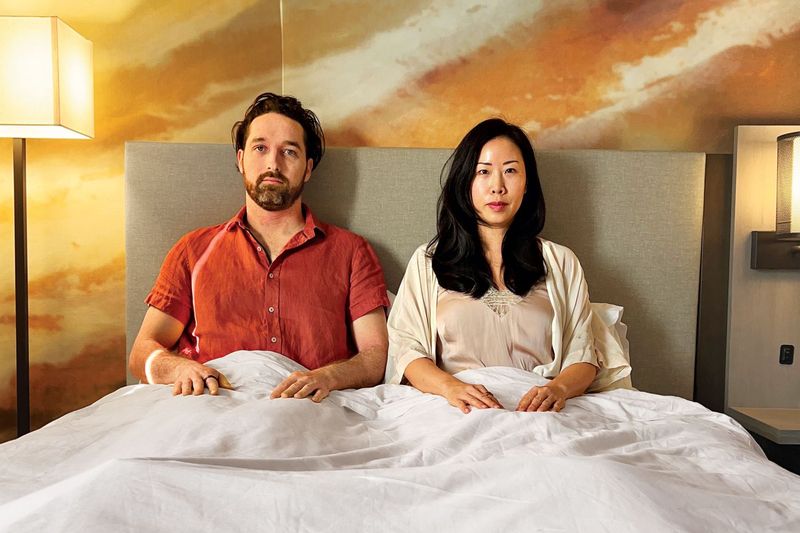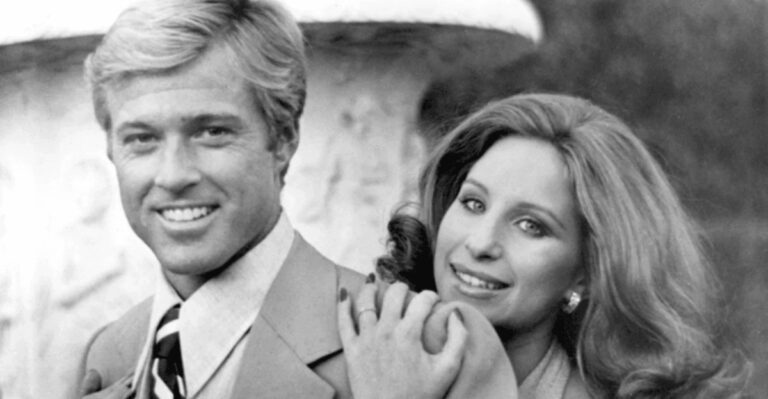Gen Z Is Really Weird About Relationship Age Gaps And Here’s 16 Reasons Why
Gen Z, the generation born roughly between 1997 and 2012, has grown up in a world vastly different from previous generations.
Their approach to relationships, particularly concerning age gaps, reflects their unique perspectives influenced by technology, social media, and a heightened awareness of societal dynamics.
This listicle delves into the reasons why Gen Z is particularly cautious, and sometimes skeptical, about relationships with significant age differences. Each reason is explored with a mix of insight and humor, reflecting the diverse and evolving cultural attitudes of this generation.
1. They see power dynamics everywhere

For Gen Z, relationships are more than just love and romance; they’re a reflection of societal structures. Growing up with social justice movements, they’ve become adept at spotting power imbalances. A significant age gap often signals a mismatch in life experiences and authority, leading to concerns about exploitation and unequal power dynamics.
They question who holds the upper hand and whether both partners are truly on equal footing. Raised in an era where conversations about equality and consent are paramount, they’re less willing to overlook dynamics that seem skewed. The awareness is not merely cautionary but a fundamental shift in understanding what makes a relationship fair and healthy.
2. Celeb scandals made everyone hyperaware

In the age of social media, celebrity relationships are constantly under scrutiny. Gen Z has grown up witnessing high-profile celebrity scandals, where age gaps often play a central role. These public spectacles serve as cautionary tales, highlighting potential pitfalls and power plays.
Such scandals have made them more vigilant about the implications of age differences. This generation tends to dissect the motives behind these relationships, questioning whether they’re born out of genuine connection or convenience. The narratives spun by tabloids and online gossip channels have instilled a healthy dose of skepticism towards relationships that seem unevenly balanced in age.
3. They value equality over tradition

Tradition holds little sway over a generation that prizes equality and modern values. Gen Z prefers partnerships built on shared values and mutual respect, over relationships that adhere to conventional norms. Age gaps often signal adherence to outdated gender roles and hierarchical structures.
This generation questions traditional relationship models, seeking partnerships where both voices are equally heard and valued. They’re shifting the focus from age and experience to equity and collaboration, aiming for relationships that defy historical constraints. By prioritizing equality, they challenge the status quo, promoting healthier, more balanced connections that align with their progressive values.
4. Social media keeps age-gap couples under a microscope

In today’s digital age, every relationship is subject to public opinion, especially those with notable age differences. Gen Z, native to social media, is acutely aware of the intense scrutiny these relationships face. Platforms like Instagram and Twitter amplify every action, making privacy elusive.
The constant surveillance and judgment can strain even the strongest bonds, turning private matters into public debates. This generation finds the pressure overwhelming, preferring relationships that won’t be dissected online. Age-gap couples, often targeted by trolls and critics, face amplified challenges, deterring Gen Z from pursuing such dynamics. Privacy, once taken for granted, is now a luxury.
5. Dating apps make large gaps feel predatory

Dating apps, a staple for Gen Z, have transformed how people meet. However, they’ve also highlighted concerns about age discrepancies. Large age gaps on these platforms can feel predatory, raising red flags about intentions and compatibility.
The swiping culture promotes quick judgments, and noticeable age differences often trigger skepticism. With safety at the forefront of their minds, younger users question the motives of significantly older suitors. The digital landscape, while convenient, exposes users to individuals with misaligned life stages, prompting Gen Z to seek partners within their age bracket for a sense of security and shared experiences.
6. Generational humor doesn’t always translate

Laughter binds people together, but humor is generational. Gen Z, with its distinct style of memes and TikTok trends, often finds it challenging to connect humorously with older partners. Age gaps can lead to cultural disconnects where jokes and references fall flat.
Shared laughter is vital in relationships, and when generational humor doesn’t click, it highlights deeper divides. This generation values partners who understand and appreciate their comedic lens. The ability to share a laugh over a viral meme or a trending video becomes a litmus test for compatibility, making age-related humor barriers more pronounced.
7. They prioritize shared life stages over chemistry

For Gen Z, shared life stages are crucial for relationship success. Chemistry might spark initial attraction, but aligning life goals and timelines ensures longevity. Significant age gaps can lead to mismatched priorities, where one partner is focused on career growth while the other considers retirement.
This generation values harmony in life trajectories, seeking partners who are navigating similar stages. The importance of shared milestones and mutual understanding often outweighs fleeting chemistry. Gen Z prefers relationships where both partners grow together, experiencing life’s milestones side by side, ensuring they’re on the same page in the journey of life.
8. Childhood references create weird divides

Nostalgia is a powerful connector, but it can also highlight divides in age-gap relationships. Gen Z, who grew up with very different cultural touchstones than older generations, often faces disconnection over childhood references. Toys, TV shows, and music from their formative years might be foreign to older partners.
This disconnect can create awkward moments where shared experiences are lacking. For Gen Z, the ability to reminisce about childhood with a partner is important, allowing them to bond over mutual memories. The absence of this shared history can leave a gap, emphasizing the age difference in unexpected ways.
9. Financial imbalance feels too uncomfortable

Money matters, and in age-gap relationships, financial disparities can be glaring. Gen Z, often at the start of their careers, may find relationships with financially established older partners uncomfortable. The imbalance can lead to feelings of dependency or inequality in decision-making.
This generation seeks financial independence and equality in relationships. They’re wary of dynamics where money might dictate power or control. Ensuring both partners contribute equally fosters mutual respect and autonomy. Gen Z avoids setups that might compromise their financial freedom, preferring relationships where both individuals stand on equal footing financially.
10. They don’t romanticize “older partner wisdom” anymore

Once upon a time, dating someone older meant gaining wisdom and guidance. However, Gen Z no longer romanticizes this notion. They question the idea that age equates to wisdom, recognizing that experience isn’t solely age-dependent.
This generation values learning from diverse sources, including peers, books, and the internet. They believe in growing together with their partner, rather than relying on an older partner’s insights. The shift from valuing age as a wisdom indicator to embracing shared growth underscores Gen Z’s progressive approach to relationships, where mutual learning and support take precedence over traditional hierarchies.
11. Media tropes of age gaps aged poorly

Media has long perpetuated the allure of age-gap relationships, but Gen Z finds these tropes outdated and unrelatable. Older movies and TV shows often romanticized such dynamics, overlooking the inherent power imbalances.
This generation scrutinizes these portrayals, identifying problematic narratives that glorify potentially toxic setups. They prefer content that aligns with contemporary values of equality and mutual respect. As media consumers, Gen Z demands accurate and responsible storytelling, rejecting outdated tropes that don’t reflect their reality. The shift in media consumption reflects a larger cultural change towards more equitable relationship models.
12. They question motives more openly

Questioning motives is second nature to Gen Z. In relationships with age gaps, they’re especially curious about the reasons behind the pairing. Is it genuine connection or convenience? They’re not afraid to voice doubts and have candid discussions about intentions.
This openness stems from a desire for transparency and honesty in partnerships. Gen Z values authenticity, wanting to ensure that relationships are built on sincerity rather than superficial attractions. Their willingness to question and communicate openly prevents misunderstandings and fosters stronger, more honest connections, free from hidden agendas.
13. Peer opinions hold major weight online

In the digital realm, peer opinions wield significant influence. Gen Z, constantly connected to social networks, is deeply impacted by what their peers think. Age-gap relationships, often the subject of debate online, attract strong opinions that can sway individual perspectives.
The weight of collective opinion can affect how this generation views their own or others’ relationships. They’re more likely to reassess dynamics based on peer feedback, showcasing the power of social validation. Online discourse shapes how they navigate age differences, making them cautious about pursuing relationships that might face public scrutiny or disapproval.
14. Emotional maturity is a non-negotiable for them

Emotional maturity is paramount for Gen Z when it comes to relationships. Age gaps often come with varying levels of emotional development, leading to potential conflicts. This generation prioritizes partners who exhibit maturity, regardless of age.
They seek relationships where emotional intelligence is on par, ensuring healthy communication and understanding. Gen Z is less concerned with numeric age and more focused on finding someone who resonates with their level of emotional growth. The emphasis on maturity over age highlights a shift towards valuing deeper connections that are rooted in empathy and mutual respect.
15. They’ve seen too many cautionary TikToks

TikTok, a favorite platform of Gen Z, is rife with stories and advice about relationships, including age gaps. Many videos highlight cautionary tales, where younger individuals share experiences of imbalance and misunderstanding.
These bite-sized narratives serve as both warnings and educational tools, shaping perceptions about age differences. Gen Z absorbs these cautionary tales, using them to inform their relationship choices. The platform’s influence is profound, as it validates concerns and offers relatable content that resonates with their experiences, making them wary of diving into age-gap relationships without careful consideration.
16. They’re rewriting the rules for modern dating

Gen Z is on a mission to redefine dating norms. They’re not content with following the paths set by older generations, especially when it comes to age gaps. This generation is crafting new rules that emphasize equality, transparency, and mutual respect.
By challenging traditional relationship structures, they’re fostering connections that prioritize shared values over age. Gen Z’s approach is less about fitting into societal molds and more about creating authentic partnerships that reflect their ideals. In doing so, they’re paving the way for more inclusive and balanced relationships, setting a new standard for what modern dating should embody.







